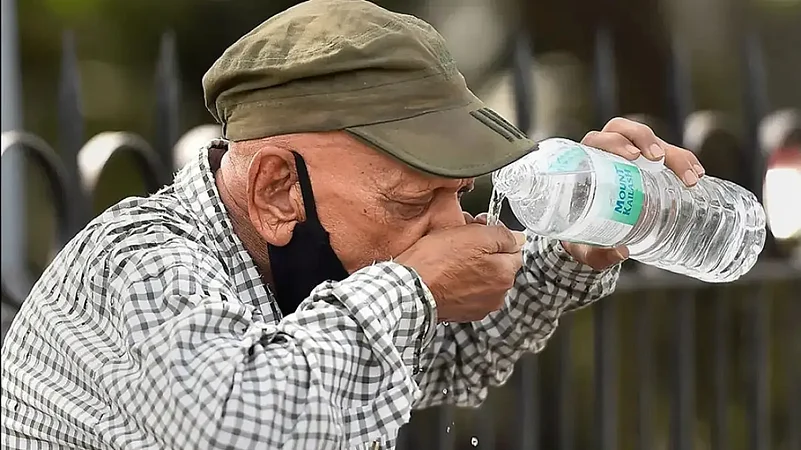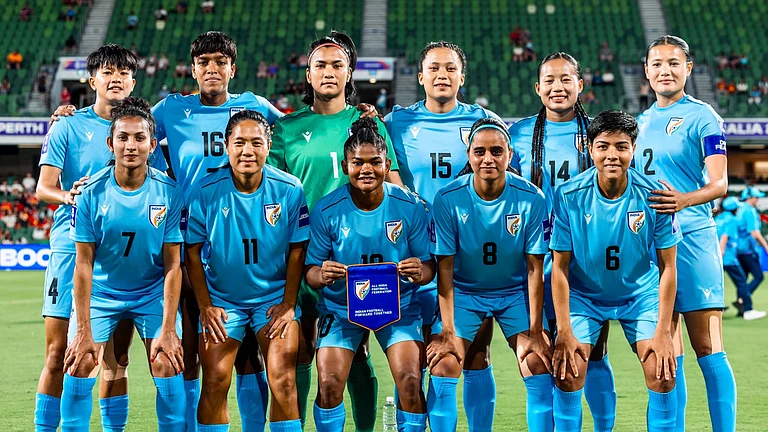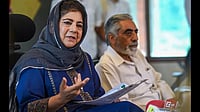As parts of India experience the hottest summer in over 120 years, the Centre has urged states and union territories to review their healthcare arrangements and prepare for heat-related illnesses caused by current extreme temperatures.
The states and UTs have been asked to check availability of adequate quantities of essential medicines and all necessary equipment while ensuring sufficient drinking water and continued functioning of cooling appliances in critical areas.
In a letter on Saturday, Union Health Secretary Rajesh Bhushan requested states and UTs to disseminate the guideline document "National Action Plan on Heat Related Illnesses" to all districts for effective management of cases of heatwave. The letter mentioned that from March 1, daily surveillance on heat-related illnesses has been initiated under the Integrated Disease Surveillance Programme in all states and districts.
The letter said, “Please ensure that these daily surveillance reports are shared with the National Centre for Disease Control. The daily heat alerts shared by the India Meteorological Department as well as NCDC with states indicate forecast of heatwave for next three to four days, and may be disseminated promptly at district/health facility level.”
Bhushan said states and UTs must continue efforts on sensitisation and capacity-building of medical officers, health staff and grassroot level workers on heat illness. They should also work on early recognition and management of such conditions.
The letter stated, "Health facility preparedness must be reviewed for availability of adequate quantities of essential medicines, IV fluids, ice packs, ORS and all necessary equipment. Availability of sufficient drinking water at all Health Facilities and continued functioning of cooling appliances in critical areas must be ensured."
Health facilities need to increase resilience to extreme heat by arranging uninterrupted electricity for constant functioning of cooling appliances, installation of solar panels, measures to reduce indoor heat through cool/green roof, window shades, shade outside, among others.
Rainwater harvesting and recycling plants may also be explored for self sufficiency in water, the letter highlighted.
States may also utilise Information, Education and Communication as well as community level awareness materials regarding the precautions to be taken by the population to safeguard themselves against heat waves, it added.
The Centre's message to states and UTs also included dos and don'ts.
Among the don'ts, the Centre has advised people to avoid getting out in the sun, especially between 12 noon and 3 pm, avoid strenuous activities when outside in the afternoon, avoid alcohol, tea, coffee, or drinks with large amount of sugar stating these may lead to loss of more body fluid or cause stomach cramps, avoid high protein food and stale food and not leave children or pets in parked vehicle among others.
Among the dos, it advised people to stay hydrated, covered, alert, and stay indoors as much as possible.
“Elderly or sick people living alone should be supervised and their health monitored on a daily basis,” it said.
For employers and workers, the ministry advised that cool drinking water should be provided at work place and workers should be cautioned to avoid direct sunlight and shaded work area should be provided for workers.
The letter added that exposure to high outdoor and indoor temperatures can induce heat stress, directly and indirectly, leading to heat-related illnesses like heat rash (prickly heat), heat oedema (swelling of hands, feet and ankles), heat cramps (muscle cramps), heat tetany, heat syncope (fainting), heat exhaustion, and heat stroke.
(With PTI inputs)






















